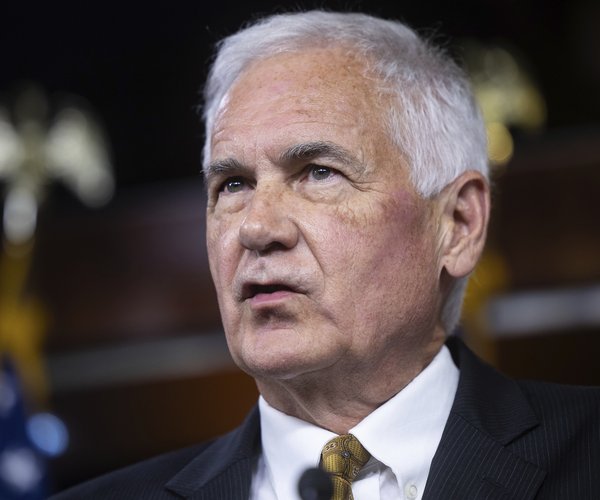Of all the jobs that American citizens might do, and of all the careers for which they may train, only one profession is constitutionally protected. The First Amendment to the Bill of Rights guarantees freedom of speech and of the press; and by “the press”, they meant journalism.
That is because these rights did not exist under British rule, yet because of the convictions of writers and printers who published under penalty of arrest, and worse, the idea of freedom spread among colonists and the American Revolution triumphed.
More than 150 years later the Holocaust survivor Simon Weisenthal reminded us that “Freedom is not a gift from heaven; one must fight for it every day.” The practice of daily journalism is, at its best, a commitment to find, share and protect the truth in the interests of democracy.
I teach these elements of history, government, law and ethics in my journalism program at Modesto Junior College, a program that has been recommended for discontinuance due to the current budget crisis facing state schools. If approved by the Yosemite Community College Board of Trustees next week, we can only hope that students find some other way to discover the meaning and value of the First Amendment, and to gain the research, writing and communications skills required by this noble trade.
Modesto Junior College was founded in 1921; since 1926 students have published a newspaper, the Pirates’ Log, with occasional changes of name. Countless student reporters and editors went on to earn bachelor’s degrees in journalism and become professional journalists. Long before my tenure there, Mark Vasche, current Editor-in-Chief of the Modesto Bee, was a Pirates’ Log Sports Editor, as was Brian Vanderbeek on the Bee’s sports desk. Bee reporter Rich Estrada covered agriculture and other beats for the Bee for years based on his practical experiences in journalism as a student. MJC photojournalist Kim Komenich went on to earn a Pulitzer Prize at the San Francisco Examiner for his now famous photo of Imelda Marcos’ vast shoe closet at the fall of the Marcos regime in the Philippines.
Students of my own have also launched into the county’s journalism opportunities, including the Journal’s own sportswriter Chhun Sun, who came to me as a shy immigrant kid with a stutter, and proved himself as an outstanding, award winning writer, editor and college graduate. MJC journalism graduate Rebekah Remkiewicz-McCurdy not only became the editor and publisher of the Delhi News-Express, she also married the Log Graphics Editor, Darrel McCurdy, or as he liked to be called, the Graphics “Samurai.”
My favorite story is that of Kristin Chiara-Platts, a great local girl with a passion for writing who had balanced her studies with a menial job at a pizza parlor since high school. I got her out of the pizza parlor and into the job of editor of the Stanislaus Farm News because of her experiences as a student reporter. Another MJC student from Turlock went on to the University of the Pacific and from there to a journalism career in Washington D.C., where she has by now disappeared from local view.
These opportunities will disappear for the current and future crops of local student journalists if the college decides that proper training in journalism, including print, online, radio, television, and all the hybrids of contemporary news delivery that they now produce, is no longer critical to the college mission. Arguing that newspapers no longer provide a viable career choice, the MJC administration is prepared to dismiss a venerable profession that is flourishing on all kinds of news delivery platforms and continues to display its importance in current affairs.
Thomas Jefferson famously said that given a choice between a government without a newspaper, or a newspaper without a government, he would easily favor the second option. Yet in these times when Californians worry about the functionality of government in Sacramento and indeed, in Washington, we also have reason to be concerned about whether this generation will be able to perform the vital functions of a free press.






